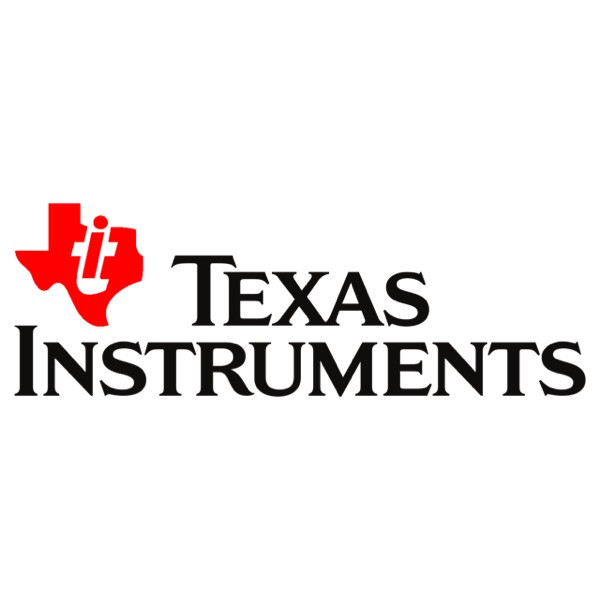Powerful 32-bit MCU designed for advanced closed-loop control applications
27-11-2015 | Texas Instruments | Semiconductors
The Texas Instruments (TI) Delfino TMS320F2837xD is a powerful 32-bit
floating-point microcontroller unit (MCU) designed for advanced closed-loop
control applications such as industrial drives and servo motor control;
solar inverters and converters; digital power; transportation; and power
line communications.
Complete development packages for digital power and industrial drives are
available as part of the powerSUITE and DesignDRIVE initiatives. While the
Delfino product line is not new to the TMS320C2000 portfolio, the F2837xD
supports a new dual-core C28x architecture that significantly boosts system
performance while integrated analog and control peripherals allow designers
to consolidate control architectures and eliminate multiprocessor use in
high-end systems.
The dual real-time control subsystems are based on TI's 32-bit C28x
floating-point CPUs, which provide 200 MHz of signal processing performance
in each core. The C28x CPUs are further boosted by the new TMU accelerator,
which enables fast execution of algorithms with trigonometric operations
common in transforms and torque loop calculations; and the VCU accelerator,
which reduces the time for complex math operations common in encoded
applications.
The F2837xD microcontroller family features two CLA real-time control
co-processors. The CLA is an independent 32-bit floating-point processor
that runs at the same speed as the main CPU. The CLA responds to peripheral
triggers and executes code concurrently with the main C28x CPU. This
parallel processing capability can effectively double the computational
performance of a real-time control system. By using the CLA to service
time-critical functions, the main C28x CPU is free to perform other tasks,
such as communications and diagnostics. The dual C28x+CLA architecture
enables intelligent partitioning between various system tasks. For example,
one C28x+CLA core can be used to track speed and position, while the other
C28x+CLA core can be used to control torque and current loops.
The TMS320F2837xD supports up to 1MB (512KW) of onboard flash memory with
error correction code (ECC) and up to 204KB (102KW) of SRAM. Two 128-bit
secure zones are also available on each CPU for code protection.
Performance analog and control peripherals are also integrated on the
F2837xD MCU to further enable system consolidation. Four independent 16-bit
ADCs provide precise and efficient management of multiple analog signals,
which ultimately boosts system throughput. The new sigma-delta filter module
(SDFM) works in conjunction with the sigma-delta modulator to enable
isolated current shunt measurements. The Comparator Subsystem (CMPSS) with
windowed comparators allows for protection of power stages when current
limit conditions are exceeded or not met. Other analog and control
peripherals include DACs, PWMs, eCAPs, eQEPs, and other peripherals. The
Configurable Logic Block (CLB) lets TI offer additional interfacing and
control features for select C2000 devices.
Peripherals such as EMIFs, CAN modules (ISO11898-1/CAN 2.0B-compliant), and
a new uPP interface extend the connectivity of the F2837xD. The uPP
interface is a new feature of the C2000 MCUs and supports high-speed
parallel connection to FPGAs or other processors with similar uPP
interfaces. Lastly, a USB 2.0 port with MAC and PHY lets users easily add
universal serial bus (USB) connectivity to their application, says the
company.

By Electropages Admin

TMS320F2837xD

